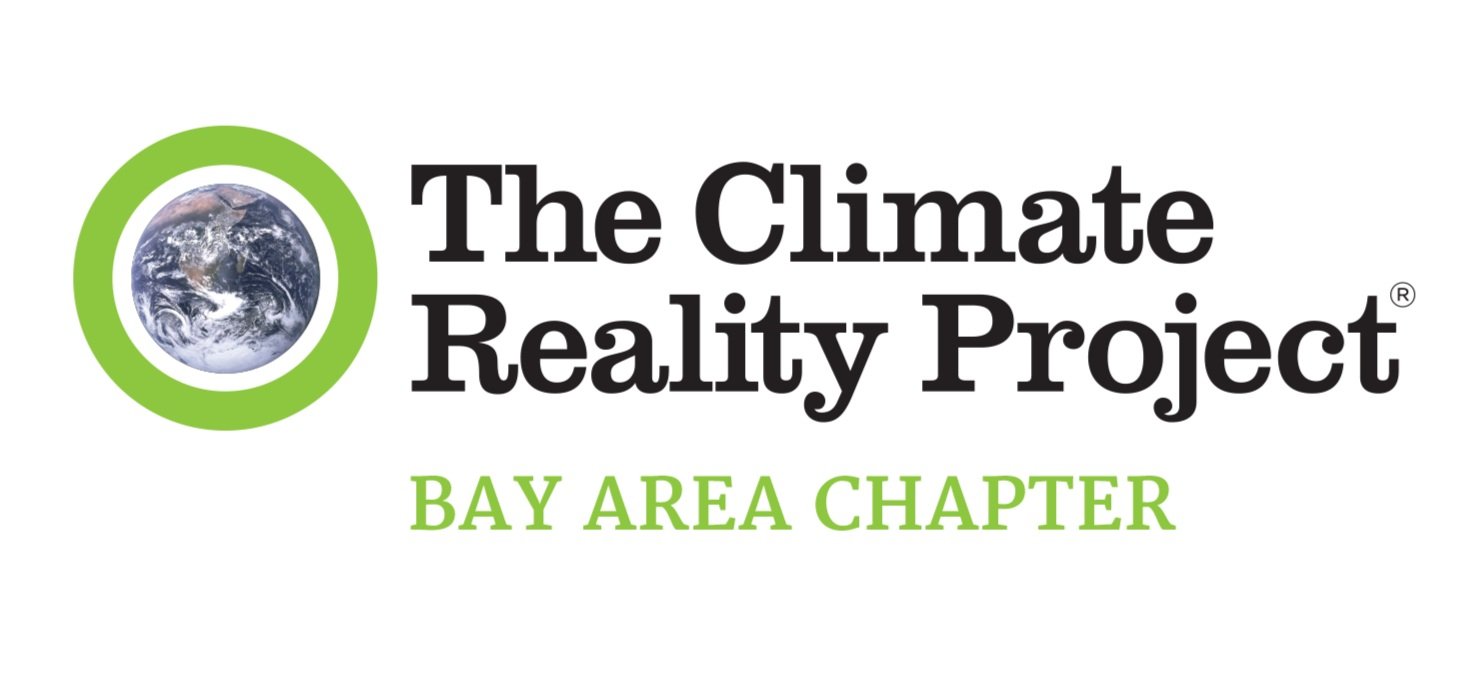“Everyday Climate Champions” Podcast Episode 2: People-Powered Solar as a Climate Justice Solution
Written by Mina Rios
Learn more about Climate Reality Bay Area’s podcast, Everyday Climate Champions here.
“We create a vehicle for renters to invest into their neighbors going solar. So when somebody goes solar with People Power Solar Cooperative, the upfront capital is crowdfunded by communities through purchasing shares of the cooperative, and then they get dividend returns.”
Transcript: here
Guest: Grassroots community-builder Crystal Huang is the CEO and co-founder of People Power Solar Cooperative in Oakland. She also leads the national movement, the Energy Democracy Project - an effort to make energy resources accessible to all, especially those in underserved communities.
Host: Dalya Massachi
Summary:
In this episode, solar energy activist Crystal Huang discusses the importance of viewing and engaging with energy through a holistic lens. As co-founder of the Oakland-based People Power Solar Cooperative, Huang shares how the mutual-aid collective has helped facilitate transformative learning and invested in community-led projects that create alternative energy sources to private utilities during power emergencies.
Why This Matters:
The core of climate change issues revolve around the imbalance of power and democracy, making it necessary for people to be more aware of how infrastructure operates and how it’s governed. The next step is to change those power dynamics.
Key Takeaways
Founded in 2018, the People Power Solar Cooperative is a growing movement with hundreds of community members.
People Power Solar invests in shared energy resources that are mobile or permanent power-sharing stations.
It’s important for people to have a clear understanding of how energy infrastructure works.
As people gain a more holistic understanding of how energy is generated and where it comes from, they can shape their own energy future and thrive.
The limited information big corporations provide in monthly utility bills is insufficient.
Knowing who controls access to the energy that households and businesses use is critical.
Staying informed about changes in infrastructure-related legislation can have monetary benefits.
The Residential Clean Energy Credit through the Inflation Reduction Act of 2022 went into effect last August, enabling taxpayers to claim a 30% tax credit for energy-efficient equipment purchases between January 1, 2022 through December 31, 2032.
People Power Solar has partnered with the Freedge Movement, which provides free portable solar battery-operated refrigerators. The project has helped bring food to communities worldwide by reducing food waste and feeding the underserved.
How to Take Action
Learn more and connect to others interested in community-led solar by following the links below.
Related Websites:
People Power Solar Cooperative: Find out more about their work for a solar energy network
People Power Playground: A digital space for the People Power community to learn from one another, develop shared visions of the energy future, and cultivate a community of practice
Energy Democracy: Advancing Equity in Clean Energy Solutions: Edited by Denise Fairchild and Al Weinrub, this book is written by 10 different communities about their strategies of energy democracy
People’s Utility Justice Playbook by the Energy Democracy Project: A summary of the history of utilities, and an examination of the tactics used by electric utilities to undermine community efforts
Solar United Neighbors: A national organization for solar co-ops
Through the Eye of a Needle: An extensive article questioning the foundation of the mainstream energy transition narrative.
Contact Us: Do you know a Bay Area-based Everyday Climate Champion? We’d love to interview them! Or just want to share a comment or hear about new episodes?
Get in touch: crba.eccpodcast@gmail.com
Get notified of new episodes HERE
Podcast Production Team: Executive Producer: Dalya Massachi; Sound Designers: Kayla Anchell, Trevor Skerbe; Co-Hosts/Researchers: George Dy, Ellisa Feinstein, Isabella Genereaux, Sean Mendelson, Hasini Parepalli, Lex Schrader, Alex Williams; Logo Designer: Gabriela Vargas
